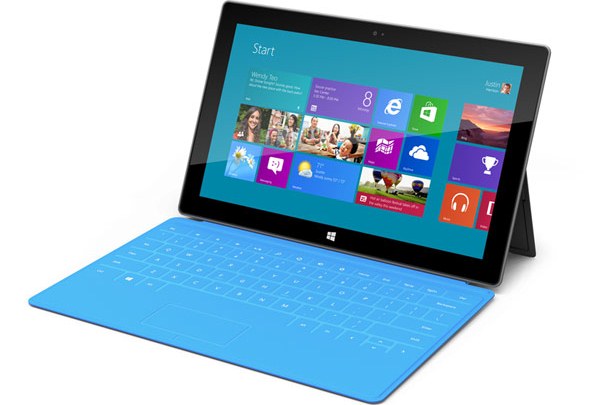Telecom & Wireless
Microsoft's New Windows 8 Can Be Competing Mobile OS
Published:
Microsoft Corp. (NASDAQ: MSFT) plans to release a major upgrade of Windows 8 to help weak sales. At the same time, analysts say that telecom providers want to find one or more operating systems that can compete with Apple Inc.’s (NASDAQ: AAPL) iOS and Google Inc.’s (NASDAQ: GOOG) Android. Windows could benefit from the telecom anxiety, if it can convince carriers that its operating system will not eventually control the functions and features of smartphones the way that iOS and Android have.
The Wall Street Journal reports on the search for an alternative OS:
Some of the world’s biggest handset makers and telecom carriers are embracing alternative mobile operating systems this year in a quest to become credible challengers to smartphones run by Apple Inc.and Google Inc. These companies are hoping they can outgun attempts by Microsoft Corp.and Research In Motion Ltd. to emerge as a third alternative platform to the iPhone and Android devices, which have a virtual stranglehold on the market.
Manufacturers such as Huawei Technologies Co., LG Electronics Inc.and ZTE Corp.are building phones for Mozilla’s Firefox OS due out this year with the support of several major carriers.
Microsoft would have to take unprecedented actions to draw carriers to Windows and away from products such as Firefox. Most of the technology world has long believed that Microsoft’s major goal was to overwhelm markets with its tech prowess and marketing that relies on the large cash sum on its balance sheet. However, that cash position now is no better than those of Google or Apple. If anything, the antitrust designation has shifted to Google and Apple. Microsoft’s past monopoly advantages are all but gone. That, by itself, may make carriers more comfortable.
Along with the cash issue is another, which is that officials around the world have beaten down Microsoft’s past monopoly positions. It has been one of the most carefully watched targets of regulators, and that will not end at any time soon, even if Google and Apple are added to the list of those scrutinized by governments.
However, the forces that have put Microsoft at a disadvantage in many sectors compared to both Google and Apple are insufficient to convince carriers that it can be a good partner. Microsoft would have to share some of the benefits of Windows 8 with the telecom companies. This might be based on sharing the money made from the applications built for Windows mobile. The application stores of Google and Apple are so large that they have overwhelmed any effort of carriers to control them. If anything, Android and iOS apps tether consumers to Apple and Google, which kills any benefit customers might perceive in loyalty to the carriers or the software products the carriers promote.
The future of Windows could be based on one thing — its ability to sell carriers on the idea that it can be a partner and not another enemy like the Google and Apple have become.
Credit card companies are pulling out all the stops, with the issuers are offering insane travel rewards and perks.
We’re talking huge sign-up bonuses, points on every purchase, and benefits like lounge access, travel credits, and free hotel nights. For travelers, these rewards can add up to thousands of dollars in flights, upgrades, and luxury experiences every year.
It’s like getting paid to travel — and it’s available to qualified borrowers who know where to look.
We’ve rounded up some of the best travel credit cards on the market. Click here to see the list. Don’t miss these offers — they won’t be this good forever.
Thank you for reading! Have some feedback for us?
Contact the 24/7 Wall St. editorial team.